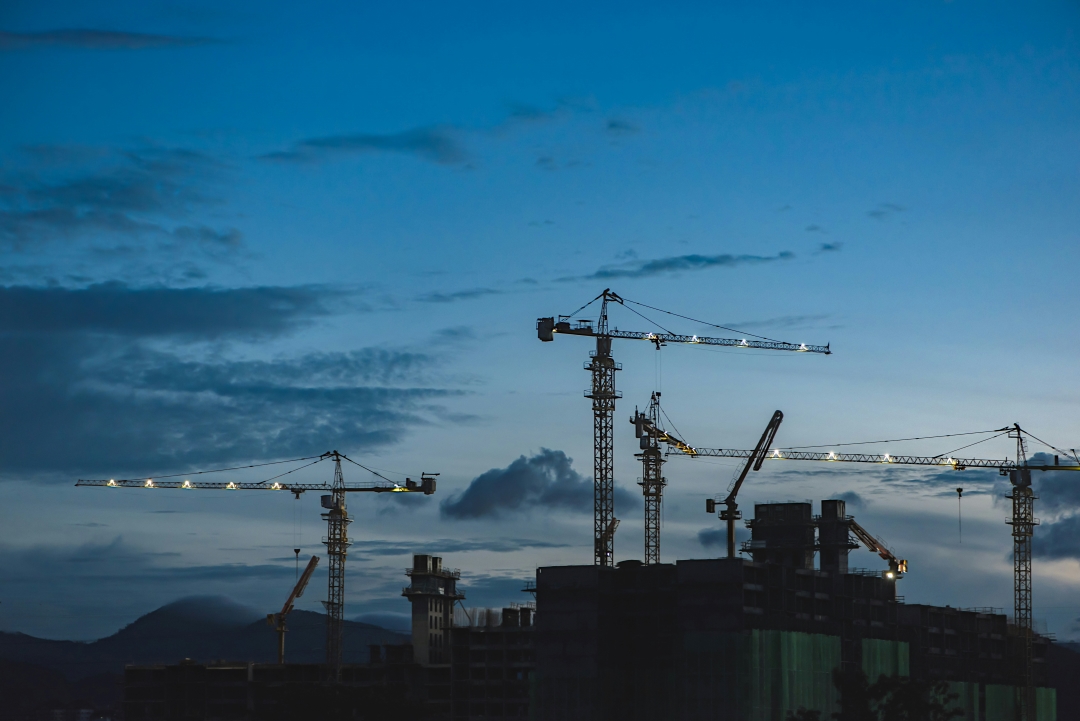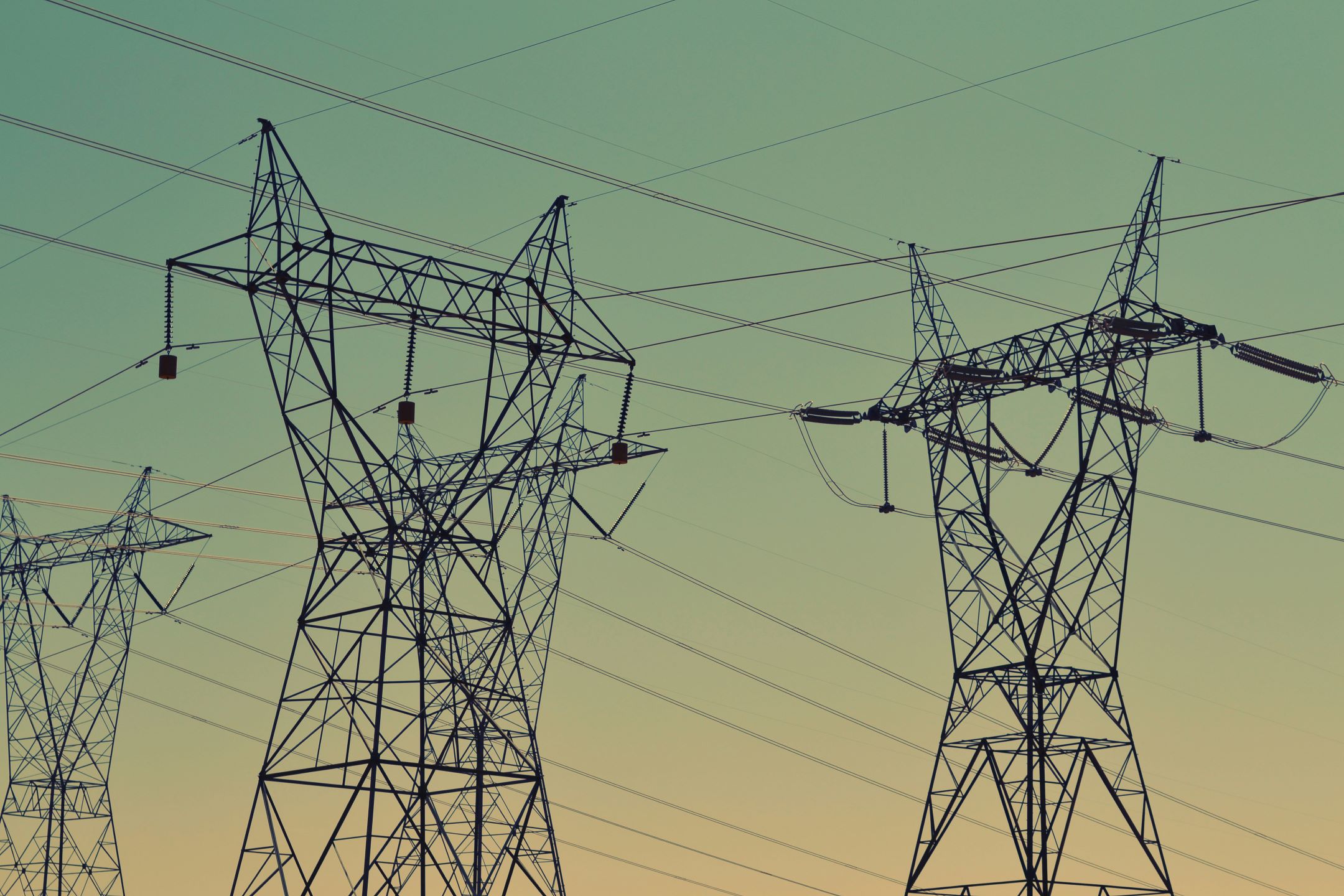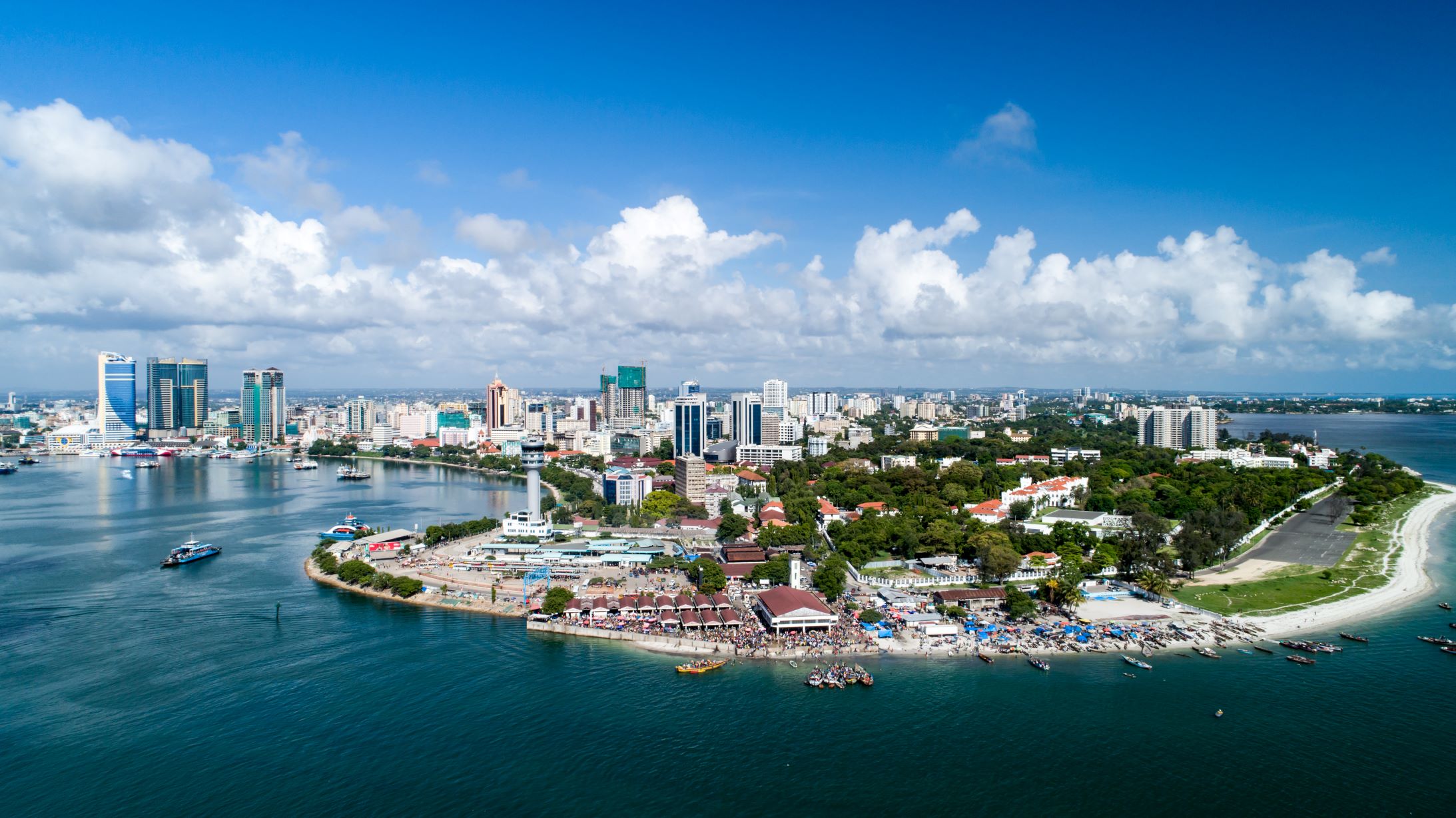Africa
Afreximbank to Increase Intra-African Trade Funding to USD 40 Billion by 2026
African Export and Import Bank (Afreximbank) has disclosed plans to double its financing for intra-African trade to USD 40 billion on a revolving basis by 2026, up from USD 20 billion in 2021. At the Nigeria Intra African Trade Fair (IATF) 2023 High Level Business Road Show in Lagos, Executive Vice President, Intra-African Trade Bank, Kanayo Awani, said Afreximbank was working with the AfCFTA Secretariat to put in place the AfCFTA Adjustment Fund to facilitate and provide support through financing, technical assistance, grant and compensation to state parties and private enterprises to effectively participate in the AfCFTA. She said AfCFTA has been signed by 54 of the 55 AU member states and ratified by 47 African State parties. According to her, the board of Afreximbank has approved USD 1 billion to support the funding of the initiative and another USD 10 million grant to facilitate the establishment and operationalisation of the adjustment fund. Awoni stated that although AfCFTA is expected to serve as the bedrock for deeper economic integration and economic emancipation, it would pave the way for increased investment in productive sectors, enhance trade linkages between African member states and drive the continent’s structural transformation.
Source: The Guardian
Africa
AfDB Pledges New USD 1 Billion Climate Financing for Youths’ Businesses
President of African Development Bank (AfDB), Dr. Akinwumi Adesina, announced a new USD 1 billion fund to accelerate climate financing for Africa’s youth businesses at the recently concluded Africa Climate Summit. The additional financing is expected to boost YouthAdapt, a joint initiative between the bank and the Global Centre on Adaptation. The bank invites young entrepreneurs and micro, small, and medium enterprises in Africa to submit innovative solutions and business ideas that have potential to drive climate change adaptation and resilience across the continent. Adesina made the announcement during a high-level intergenerational dialogue entitled: ‘Africa Driving Climate Adaptation Solutions and Jobs’, held at the Wangari Maathai Institute of Peace and Environment, on the outskirts of Nairobi. Announcing the funding, Adesina said African youths didn’t want “little things being doled out to them. We have no option but to invest in our youths.” Over the past two years, YouthAdapt has provided more than USD 1.5 million to 33 young entrepreneurs across 19 African countries. Some have gone on to raise their profits by 200 percent.
Source: The Guardian
Algeria
Algeria Partners China for Construction of 6,000km Railway Lines
Algeria and China have joined forces in a significant partnership to construct an expansive 6,000 kilometers of railway lines within the North African nation, a move lauded by Algerian President Abdelmadjid Tebboune as pivotal in advancing his country’s socio-economic progress. Tebboune said in a regular interview with representatives of the national media that strengthening the railway sector is the “best guarantee of development”, stressing that “our Chinese friends have agreed to this project, which will cover a distance of around 6,000 km.” The aim is to facilitate the exploitation of mines, promote trade and create economic vitality in Algeria. The ambitious railway project is part of the two countries’ broader cooperation under the Belt and Road Initiative (BRI), the massive China-proposed project to boost global trade and commerce by improving infrastructure and connectivity.
Source: AfricaNews
Egypt
Egypt’s Green Sector to Receive USD 10 Billion Investment from Saudi Energy Giant ACWA Power
Egypt is set to receive a major boost in its renewable energy capacity, as ACWA Power, a leading Saudi Arabian energy company, announced its plans to invest USD 10 Billion in the country by 2026. The company, which is the world’s largest private water desalination company, has already invested USD 2.5 billion in Egypt, and has five projects in the country, all in the renewable sector. The new investments will be used to develop solar and wind power plants, as well as water desalination projects. The company’s CEO, Marco Arcelli, told Daily News Egypt that the company is aiming to capture a 50% share of the Egyptian renewable energy market by 2026. Daily News Egypt interviewed Arcelli to find out more about the company’s plans, latest updates, and projects in the pipeline. ACWA Power, a Saudi Arabian energy company, has formed a strategic partnership with the Sovereign Fund of Egypt (TSFE), a state-owned entity that aims to unlock value for the nation’s industries and economy. The partnership covers various aspects, such as: renewable energy, technology transfer and environmental sustainability.
Source: Business Today Egypt
Kenya / Ethiopia
Kenya and Ethiopia Agree to Build 3000km Lamu – Addis Ababa SGR
A bilateral agreement to build a new 3000km electrified Standard Gauge Railway (SGR) from Lamu Port in Kenya to the Ethiopian capital Addis Ababa has been signed by Kenya’s cabinet secretary for transport, Mr. Kipchumba Murkomen, and his Ethiopian counterpart, Dr Alemu Sime. The new line forms part of the project to develop the Lamu Port-South Sudan-Ethiopia (Lapsset) transport corridor, centred on the new port of Lamu. From Lamu, the railway would run to Isiolo, 200km northeast of Nairobi, then divide into three branches running to Nairobi, Addis Ababa and Juba, the capital of South Sudan. “We are currently working on the development of the railway line from Lamu to Moyale through Isiolo, with a link from Isiolo to Nairobi to connect with the Mombasa – Nairobi – Malaba SGR,” Murkomen said. “We further agreed to establish a bilateral steering committee comprising officials from Kenya and Ethiopia to fast-track the development of the Lapsset Corridor and its supporting infrastructure,” he added. Construction of the new line is expected to start in 2025 and would cost USD 13.8 Billion. According to Kenya’s Lapsset Corridor Development Authority (LCDA), the forecast internal rate of return for the project is over 12%.
Source: International Railway Journal
Morocco
Morocco Among the Top 20 Countries with Highest Bitcoin Usage
Morocco, a country with a burgeoning interest in cryptocurrencies, has secured its position among the top 20 countries with the highest usage of Bitcoin, according to a recent study by finance website Insider Monkey. The North African country demonstrated a significant interest in cryptocurrencies, ranking 13th. As of 2022, 4.9% of the total population owned some form of cryptocurrency, earning the country a crypto adoption index of 14. Data from the Ctypro Valley Journal revealed a notable increase, with crypto possession in Morocco surging from 2.4% in 2021 to 3.1% in 2022 and 4.9% in 2023. Insider Monkey’s study combined data from the World Bank, Triple A, and Chainanalysis to shed light on the global adoption of cryptocurrencies, particularly Bitcoin. The report incorporated three key metrics to determine the extent of crypto usage in various countries. These metrics included the total population from the World Bank, the percentage of the total population that owns cryptocurrencies according to Triple A, and the crypto adoption index by Chainanalysis, which considers various aspects like retail value, centralised exchange value, and trade volume.
Source: Morocco World News
Nigeria
Nigeria, other African Countries Projected to Lead FLNG Market
Nigeria and other African countries are projected for a boom in floating liquified natural gas (FLNG) as the market is set for new capacity. The development, according to a new report by Wood Mackenzie would specifically enable Nigeria to monetise its stranded offshore gas resources. Nigeria has about 209 trillion standard cubic feet of associated gas that has not been harnessed due to infrastructure challenges and operating environment. Wood Mackenzie believes that the floating LNG would provide a leeway for Nigeria to edge its security concerns. In July 2023, Nigerian National Petroleum Company (NNPC) Limited signed a deal with UTM Offshore for the construction of what is claimed to be the country’s first indigenous floating LNG (FLNG) project. The UTM FLNG project is expected to produce 176 million cubic feet of gas per day from the Yoho Field located in oil mining lease (OML) 104, offshore Nigeria. The ‘Global FLNG Overview 2023’ of Wood Mackenzie stated that 8.5 million tonnes per annum (mmtpa) of FLNG capacity was sanctioned in 2022 making it clear that after several years in the project doldrums, investor interest in floating is back.
Source: The Guardian
Rwanda
Rwanda to Become Hub for AI Research in Africa
As Artificial Intelligence (AI) continues to take the world by storm, Rwanda is set to host a global technology company that will conduct AI research and solutions for Africa. The London-based company, InstaDeep, will open its office in Kigali, said CEO Karim Beguir during an annual meeting of the African machine learning and artificial intelligence community with the mission to strengthen African AI. Artificial Intelligence, commonly known as AI, is any technology that enables machines to emulate human capabilities to sense, comprehend, and act. For the most part, it focuses on automating a particular task and executing it in the most efficient way possible, exhibiting technological systems with an intellectual capability equal or greater to that of an individual across domains. Rwanda is recognised as one of the first African nations to introduce a national AI policy. This policy focuses on six key areas: AI literacy, infrastructure, data strategy, AI adoption in both the public and private sectors and ethical implementation.
Source: New Times
____________________________
Reports
Unlocking the Potential of Digital Payments in Africa: A Comparative Analysis of Regulatory Sandboxes and Payment Service Providers
The environment within which African financial systems operate has undergone radical changes since the turn of the century. Once chronically on the fringes of the global arena for traditional finance, a deepening of financial systems can be observed in almost every country, bringing banking, insurance and credit services to more households and enterprises than ever before. New players and products, often enabled by new technologies, have broadened access to African financial services. Competition and innovation dominate African financial systems, cutting across all facets of the payments industry – including channels, methods and value chains – to reach previously unbanked vestiges of the population.
In this new and changing payments landscape, regulators are tasked with the twin burdens of fostering financial innovation whilst ensuring consumer protection and regulatory compliance. Driven by proprietary data, complementary research and in-depth interviews with representatives from relevant stakeholders, the Unlocking the Potential of Digital Payments in Africa report examines the legal and regulatory environment underpinning the metamorphosis of payment systems in Africa. Focusing on Egypt, Ghana, Kenya, Nigeria, Rwanda, South Africa, and the West African Economic and Monetary Union (WAEMU), the report provides a comparative analysis of the key features of regulatory sandboxes and payment service licenses in these jurisdictions.
Click here to download and read the report.
Energy and Natural Resources Report 2023
Executives in oil and gas, utilities, chemicals, mining, and agribusiness are on the front lines of the energy and natural resource (ENR) transition. While concerns about climate change and extreme weather grow, and customers and shareholders call out for rapid decarbonisation, these executives are tasked with changing how the world produces and uses energy, food, and many critical materials – all while keeping their businesses viable.
In this report, Bain & Company worked closely with executives in these industries across the globe. This annual survey seeks to assess their opinions and attitudes about the progress of the energy and natural resource transition, how their companies are managing through these changes, and what barriers they see ahead. In this year’s report, Bain found executives expecting a slowdown in the rate of decarbonisation in the short term (by 2030), though their long-term expectations remain largely positive.
Click here to download and read the report.
Financing Clean Energy in Africa
Financing Clean Energy in Africa, a World Energy Outlook Special Report, builds on the key findings from the Africa Energy Outlook 2022, which introduced the Sustainable Africa Scenario (SAS) and charts innovative investment solutions across the continent critical to scale-up energy investment. It develops a theory of change based on the positive spillover effects of increasing the availability of affordable capital for clean energy projects. Currently, the cost of capital for energy projects in African countries is at least 2-3x higher than in advanced economies and China, which hinders investment by raising project costs.
The International Energy Agency (IEA) and the African Development Bank Group have joined forces to produce this new analysis, which benefitted from the review of over 85 case studies and over 40 stakeholder interviews. The report focuses on a range of topics, spanning technologies and financing providers, including local institutions, and looks at what types of capital are most suited for the specificities of each sector or technology. The analysis pays close attention to how to scale up private investment, including the role of de-risking support from development finance institutions (DFIs) and donors.
Click here to download and read the report.
The Commons: Drivers of Change and Opportunities for Africa
‘The Commons’ explores the many forms of development championed by Africa’s residents, users, and citizens. In addition to managing property and shared tangible and intangible resources collectively, communities are experimenting with a concept of ‘commoning’ founded on values such as community, engagement, reciprocity, and trust. Their approach includes land-based commons, housing cooperatives, hybrid cultural spaces or places for innovation, and collaborative digital platforms.
The purpose of this book, where observation of historical and recent practices converges with new theories within commons scholarship, is not to promote commons themselves. Instead, it examines the tensions, drivers of change, and opportunities surrounding commons dynamics in Africa. This book highlights the abundance of commons-based entrepreneurial processes in Sub-Saharan Africa. It shows that partnerships between African public authorities and communities involved in the commons can be powerful drivers of sustainable development for the continent.


